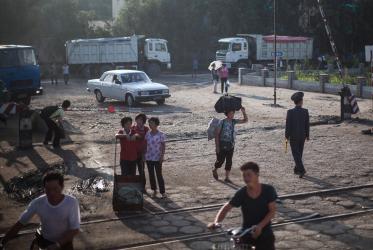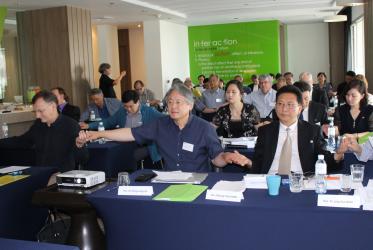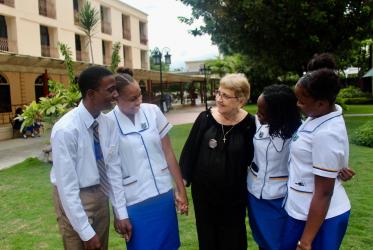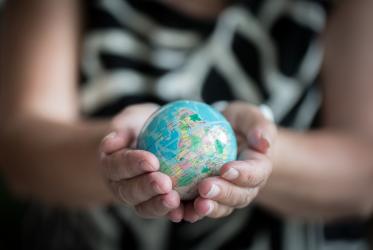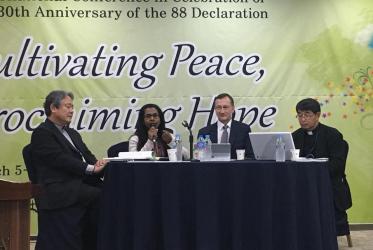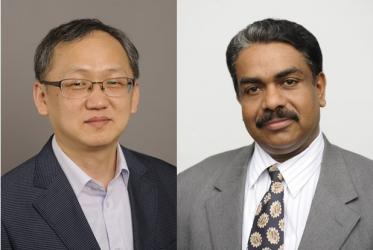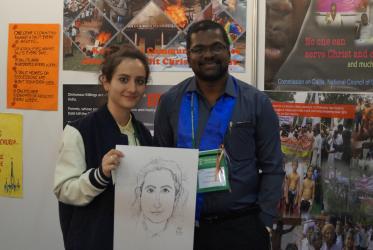Displaying 1 - 15 of 15
Peace and unity on the Korean Peninsula matters globally
25 February 2021
“If this is the ecumenical movement I want to be in!”
11 October 2018
Linette Vassel: “We need to examine power more deeply as women”
03 October 2018
WCC welcomes “powerful sign of hope” on Korean Peninsula
08 March 2018
"We have our work cut out for us"
10 August 2017
“No one can serve Christ and caste!”
07 November 2013

